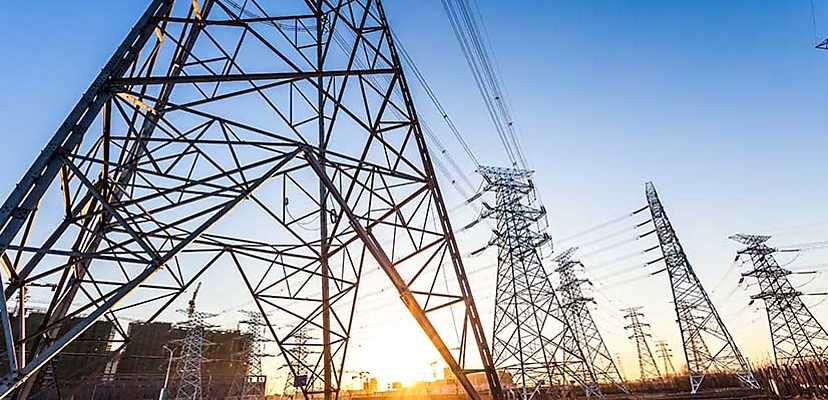Share this article on:
Powered by MOMENTUMMEDIA
Breaking news and updates daily.
Two members of the United States Congress have presented a bill to boost research into cyber security in the country’s energy sector and to create an Energy Cybersecurity University Leadership Program.

Congressman Mike Carey and Congresswoman Deborah Ross (Republican and Democrat, respectively) introduced the bill on Wednesday (11 January). It had previously been presented to the 117th Congress, where it passed unanimously, but it was held up in the Senate.
The bill is aimed at funding fellowships, scholarships, and research and development into cyber security at a graduate and postdoctoral level, with a focus on “disciplines associated with energy infrastructure needs”, according to the wording of the bill.
The program will have a specific focus on boosting diversity in the sector, too, by specifically addressing historically black colleges and universities, minority-serving institutions, and tribal colleges and universities.
“To confront growing cyber threats and attacks against our country’s critical energy infrastructure, we must make real investments in a strong and diverse workforce ready to meet any challenge,” said Congresswoman Ross.
“Continued cyber security threats on America have led to the need for bipartisan and common-sense legislation that will protect our energy grid,” said Congressman Carey. “The Energy Cybersecurity University Leadership Program will allow for PhD and graduate students to dedicate their time to researching ways to bolster our national security and avoid large-scale power outages and attacks on our critical infrastructure.”
In a press release announcing the bill, Ross and Carey call out three specific incidents that speak to the importance of the bill, though curiously, only two of them are cyber-related.
In May of 2021, an American oil pipeline was hit by a ransomware attack that took operations offline before a ransom could be paid, and in 2019, a hacker got into the water supply system of a city in Florida and boosted sodium hydroxide concentration to dangerous levels.
However, the Moore County substation attack in December of last year — which Congresswoman Ross mentions in her announcement — involved a physical disruption to the grid. Unknown assailants fired a high-powered rifle at the substation, taking it offline and leaving 35,000 people without power.
All three incidents do, however, serve as an example of the importance of boosting both physical and cyber security to keep critical infrastructure secure.

David Hollingworth has been writing about technology for over 20 years, and has worked for a range of print and online titles in his career. He is enjoying getting to grips with cyber security, especially when it lets him talk about Lego.
Be the first to hear the latest developments in the cyber industry.